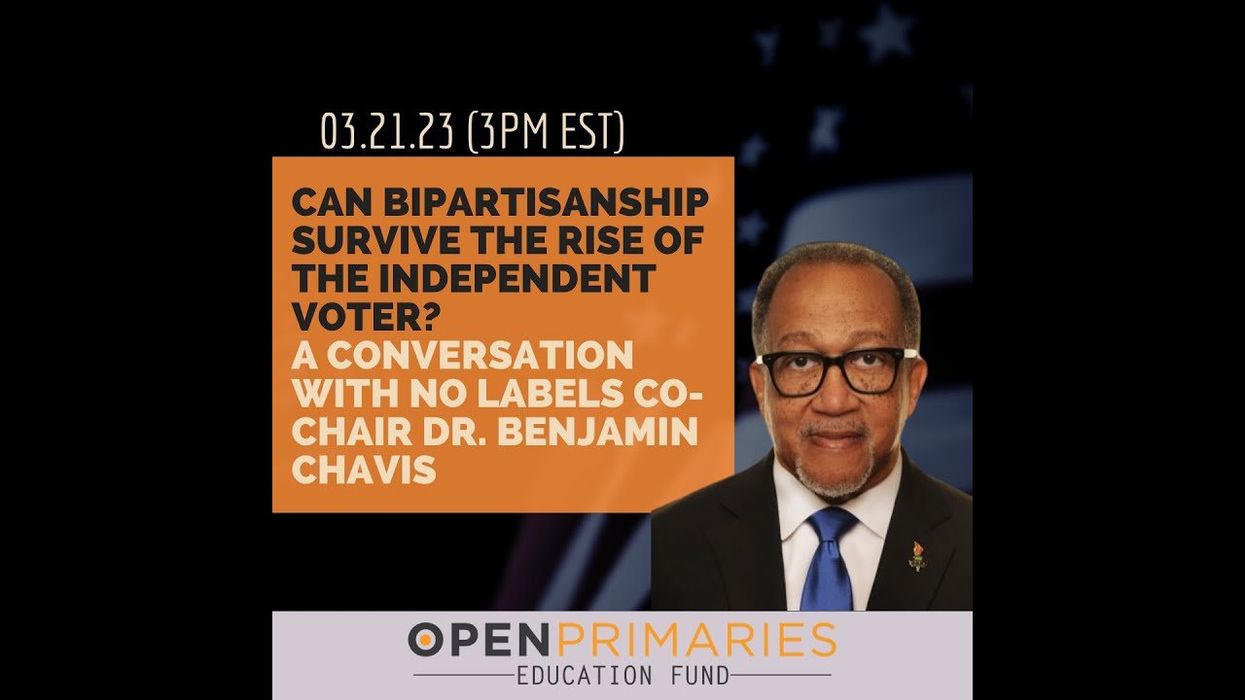America is going independent. Both major parties are hemorrhaging members as voters-including growing numbers of people of color-increasingly see both parties as self interested and self perpetuating, not as engines for progress and policy innovation.
Can traditional notions of bipartisanship be restored in this environment, or does the growing dissatisfaction with “traditional politics” demand something new?
Dr. Benjamin Chavis is a long-time civil rights leader, entrepreneur, businessman, educator, and author. He began his career in 1963 as a statewide youth coordinator for Dr. Reverend Martin Luther King Jr, and has been fighting racial injustice and wrongful imprisonment across the country ever since.





















